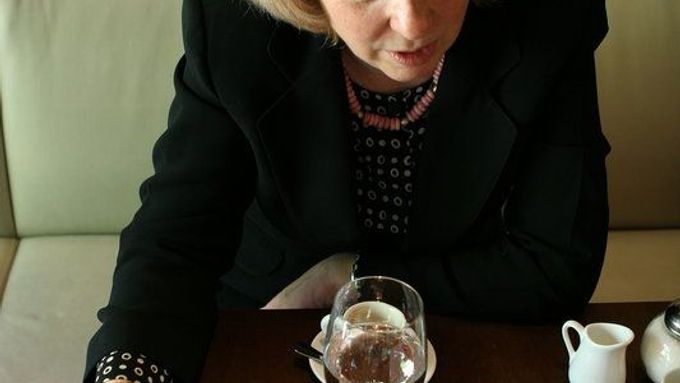Prague - With the end of the EU debt crisis nowhere to be seen, the term "two-speed Europe" is no longer a taboo for the bloc's leaders, said Czech Permanent Representative to the EU Milena Vicenova in an interview with Czech online daily Aktualne.cz.
"The countries that want to continue in the deeper integration and use the common currency will have to decide clearly whether they are willing to accept even very strict rules. And the countries not willing to make this decision will cooperate more loosely," said the diplomat whose four-year term in Brussels will expire in a few weeks.
She will be replaced by current Czech ambassador to NATO Martin Povejsil.
EU threatens to take away subsidies for D8 highway
Czech PM wants direct control over EU subsidies
Vicenova said that the EU fiscal compact signed at the beginning of this year was an example of such "deeper integration" with "very strict rules".
The Czech Republic and Great Britain were the only two EU member countries that did not join the pact.
"I believe that Europe is coming to a crucial crossroads. The dominant opinion is that it will be necessary to add or strengthen some aspects that have been missing in the European monetary union so far. It is the next step towards a much deeper integration," said Vicenova,
"In some time, eurobonds or a banking union may become reality," she said.
Vicenova however said that that not all EU and eurozone member states are willing to accept new rules and delegate some of their competences to the European institutions.
"For example, Great Britain has a strong banking sector and it will be more reluctant and reserved towards deeper integration. But even there people start to say that it is very important to preserve the EU."
According to Vicenova, the EU summit that will take place at the end of this month will present an overall plan for further European integration, which will include not only fiscal discipline but also pro-growth and pro-employment measures.
"Generally, more focus on growth and support of competitiveness is expected," said Vicenova.
"There is more skepticism, less enthusiasm for the European project," said Vicencova about the present atmosphere in Brussels, adding however that the crisis has forced the EU to accept more supranational decision-making and supervision.
